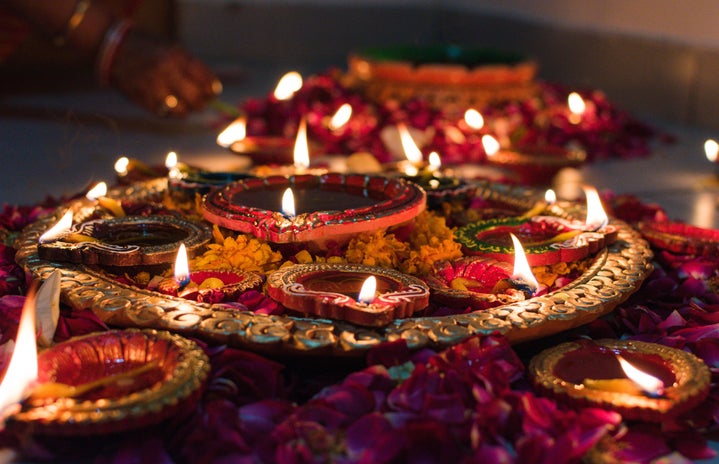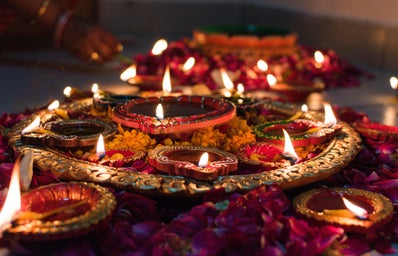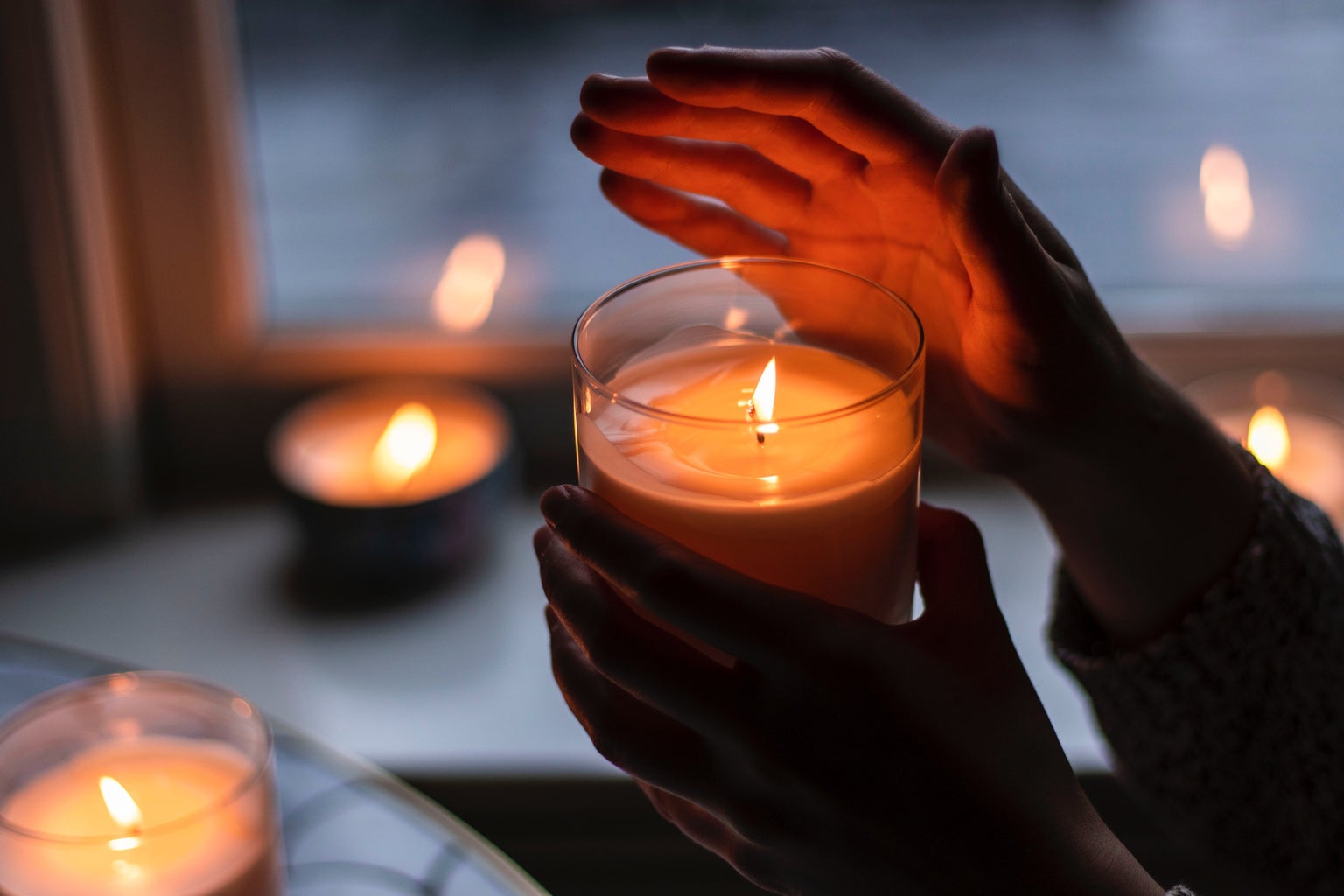On November 4, 2021, millions of people around the world celebrated Diwali, also known as the Festival of Lights. The festival itself is symbolic of the victory of good over evil, hence the reason lights are used to represent light over darkness. The name Diwali, or Deepavali as it is sometimes called, means “row of lights.”
Contrary to popular belief, Diwali is not just a singular event; it is actually the culmination of five days long of festivities and rituals. To preface, because of how vast and diverse India is, Diwali is celebrated differently in every region, so this is how I have been celebrating, having descended from a western part of India.
In Hindu culture, Diwali is celebrated to signify the return of Lord Rama to his kingdom after being banished for 14 years by his stepmother. He returned with his loyal brother Lakshman after defeating the evil demon Ravana and saving his wife Sita from him. To celebrate his arrival, his city of Ayodhya lit the city up with diyas, small clay holders filled with oil and a cotton wick.
Today, people all over the world also light these diyas to bring Goddess Laxmi into their homes so she can bless them with wealth and prosperity. Lord Ganesha, the god of fortune, is also worshipped during this time.
There is no single way to celebrate Diwali. People decorate their houses with rangoli (patterns of different colored powders) and dress in their fanciest Indian outfits, and kids run around with sparklers. There’s dancing, singing and of course, amazing food.
During Diwali, there are plenty of sweets, known as mithai, to spare. Some include gulab jamun, which are milk solids soaked in a rose saffron syrup, kaju barfi, which are cashew-based and topped with a thin layer of edible silver leaf and rasmalai, a dessert soaked in milky cardamom and saffron. The savory dishes are definitely notable as well, with crispy samosas, creamy paneer and fried pakora, to name a few.
Most importantly, Diwali is a time when family comes together and celebrates a new year. Even though it is celebrated differently throughout the world and India itself, no matter where Diwali is, it spreads a message about hope, joy and togetherness.




